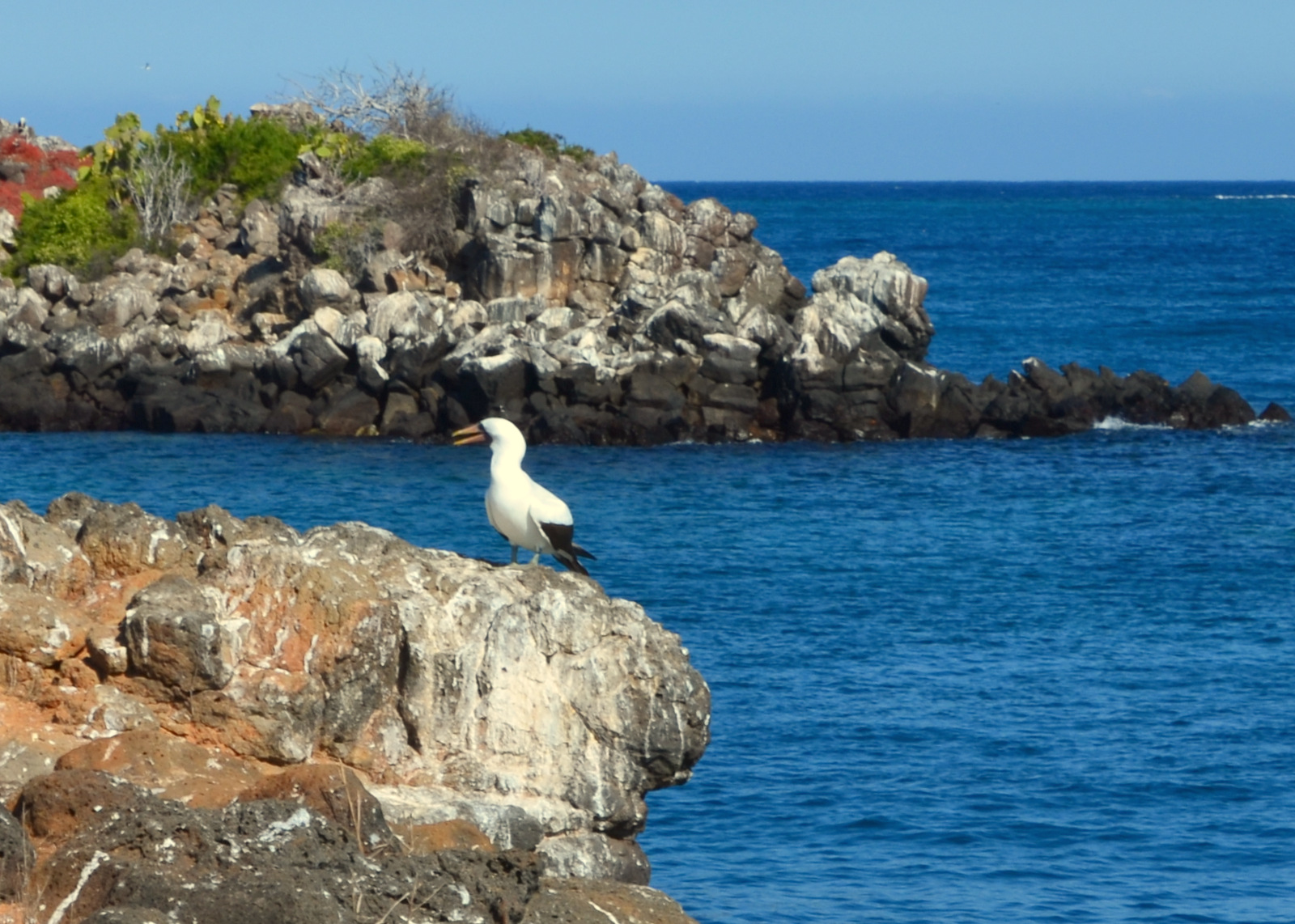
North Seymour Island, Galápagos
(December 7) Frigate birds swoop around the boat as it travels between the islands. North Seymour is a small flat island with lots of wildlife. A blue footed booby.

(December 7) Frigate birds swoop around the boat as it travels between the islands. North Seymour is a small flat island with lots of wildlife. A blue footed booby.
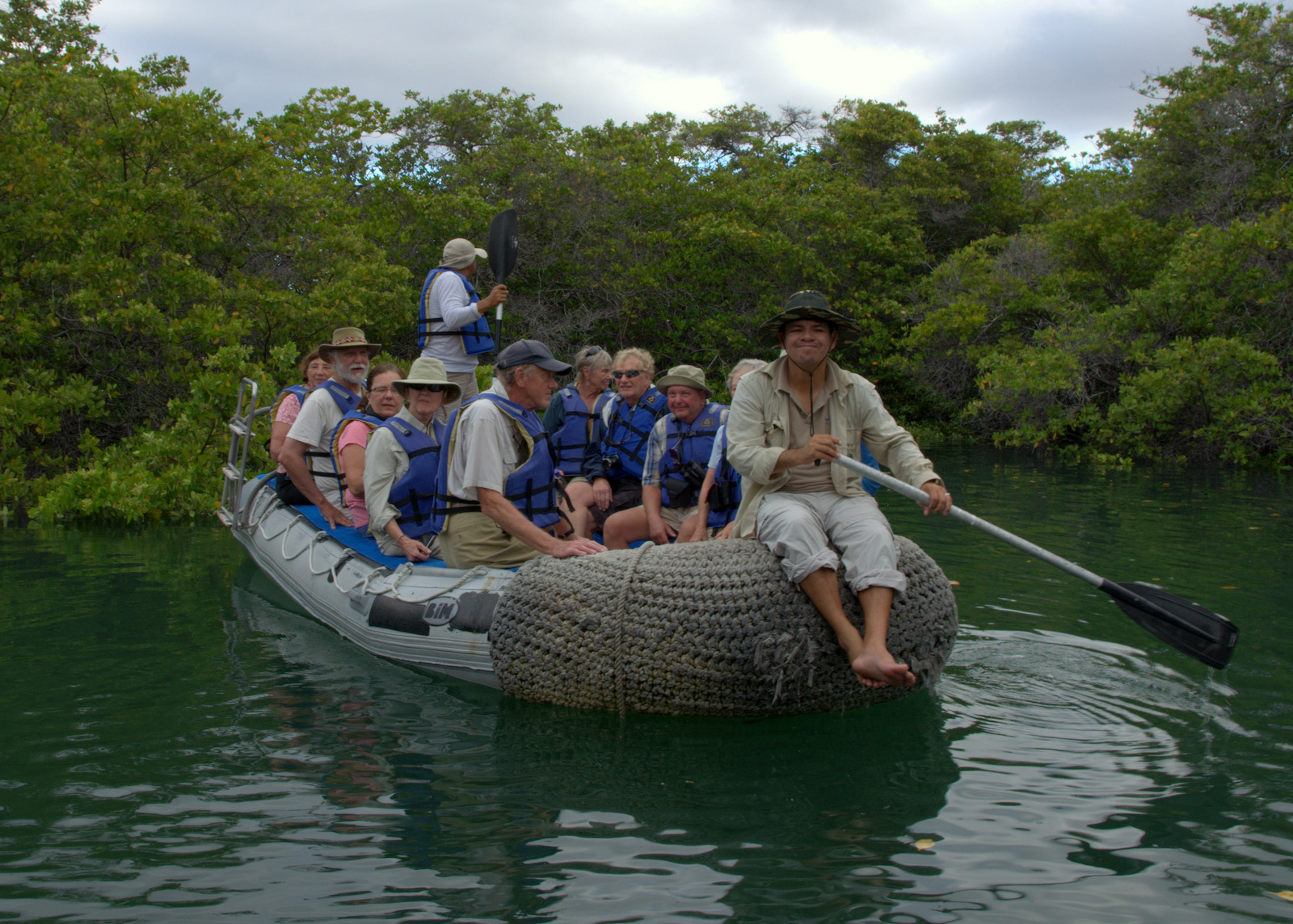
(December 6) Black Turtle Cove (Caleta Tortuga Negra) is a mangrove swamp on the north shore of Santa Cruz Island. A heron.
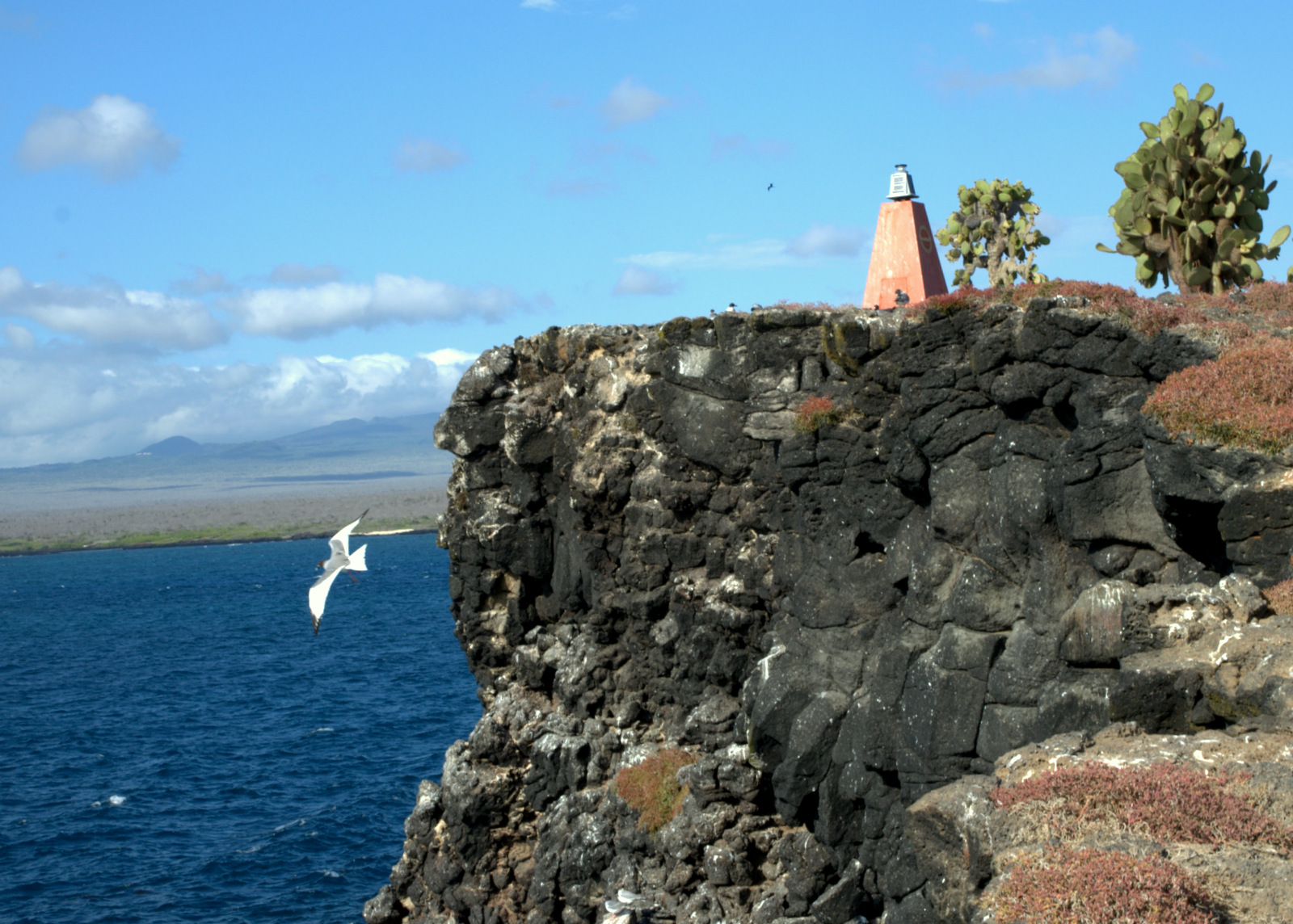
(December 7) South Plaza is a tiny flat island produced by lava that welled out of the sea without ever forming a proper volcano.
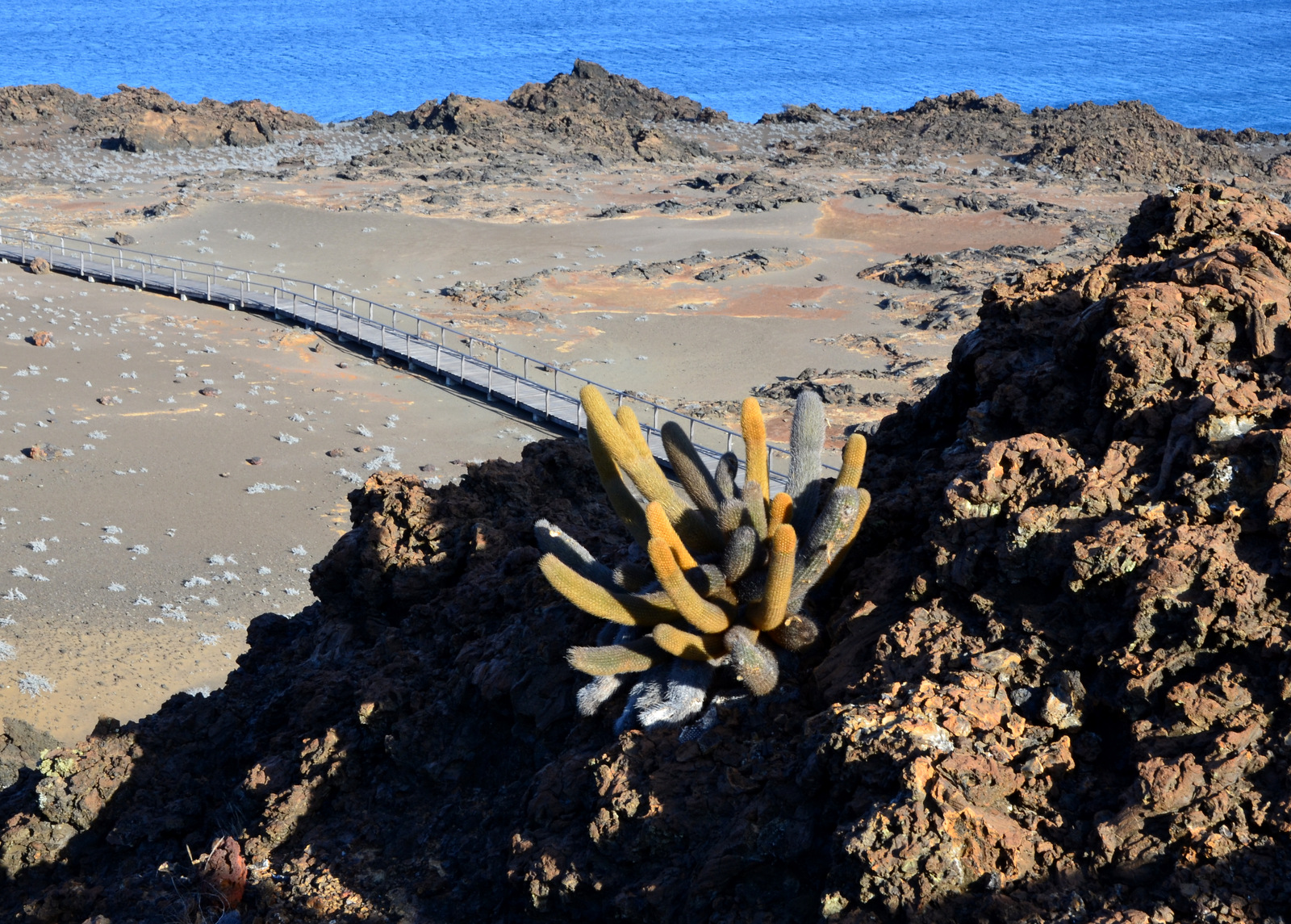
(December 6) Bartolomé is one of the youngest islands. Its volcano last erupted in 1904. It is a barren place with a stark sort of beauty. We set out early… Read more »
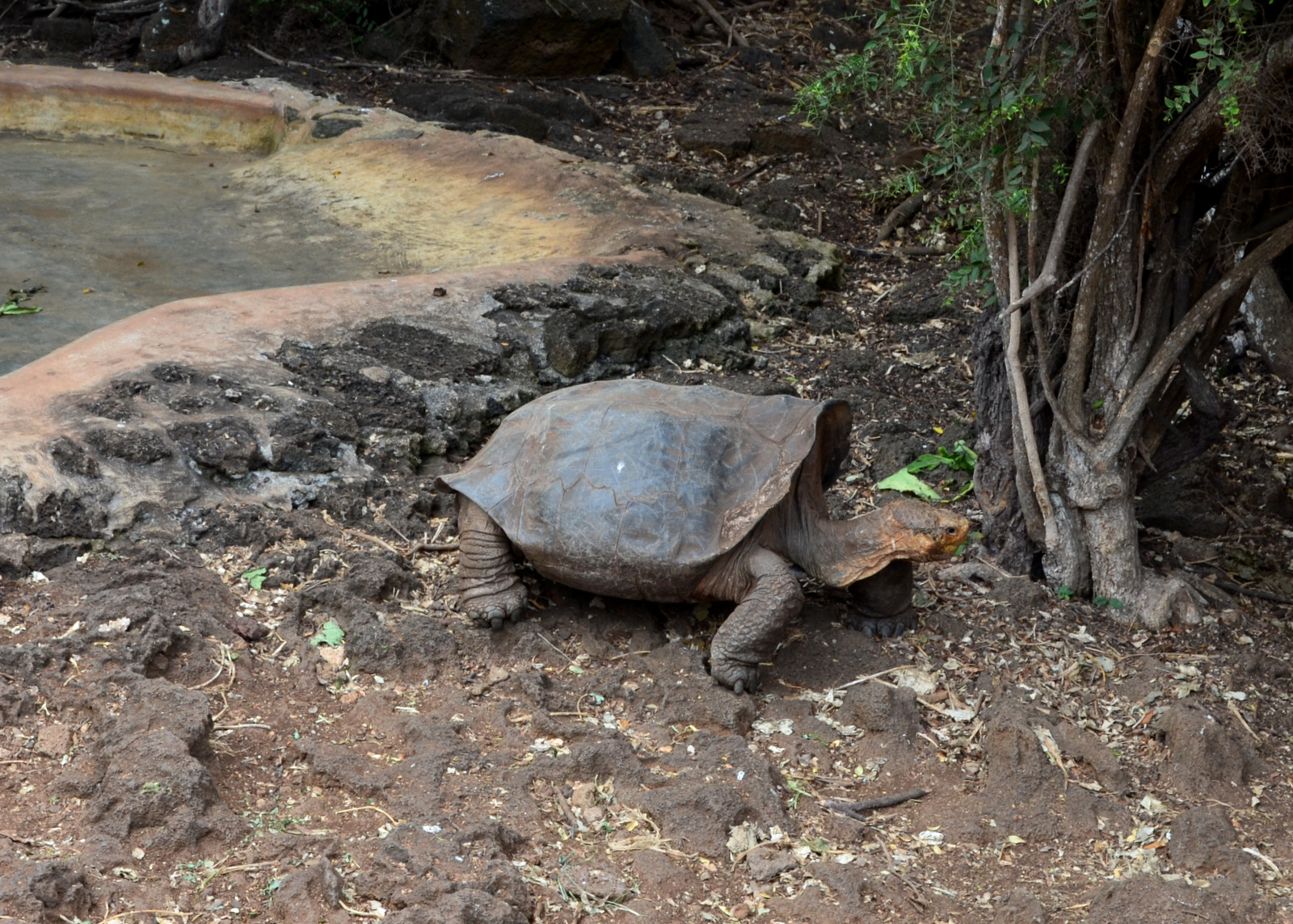
(December 5) A heron sits on a bush by the dock.

Santa Cruz is the second-largest island in the Galápagos and has the largest population, about 12,000 people, mostly in the town of Puerto Ayora. During the rainy season the highlands… Read more »
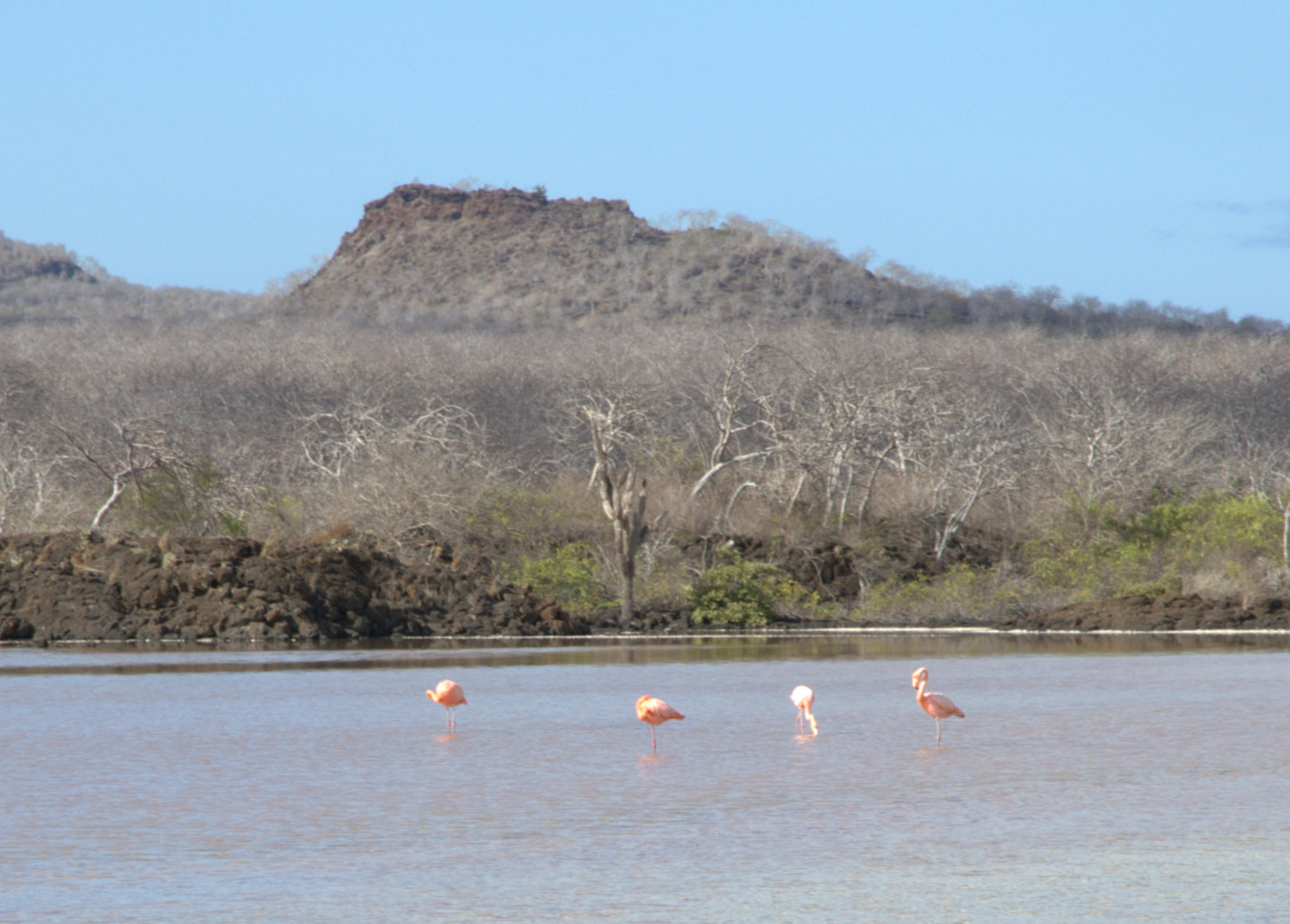
(December 4) Floreana Island has a colorful history, much of which seems to involve would-be settlers killing each other or dying of thirst. A yellow warbler sits on a pile… Read more »
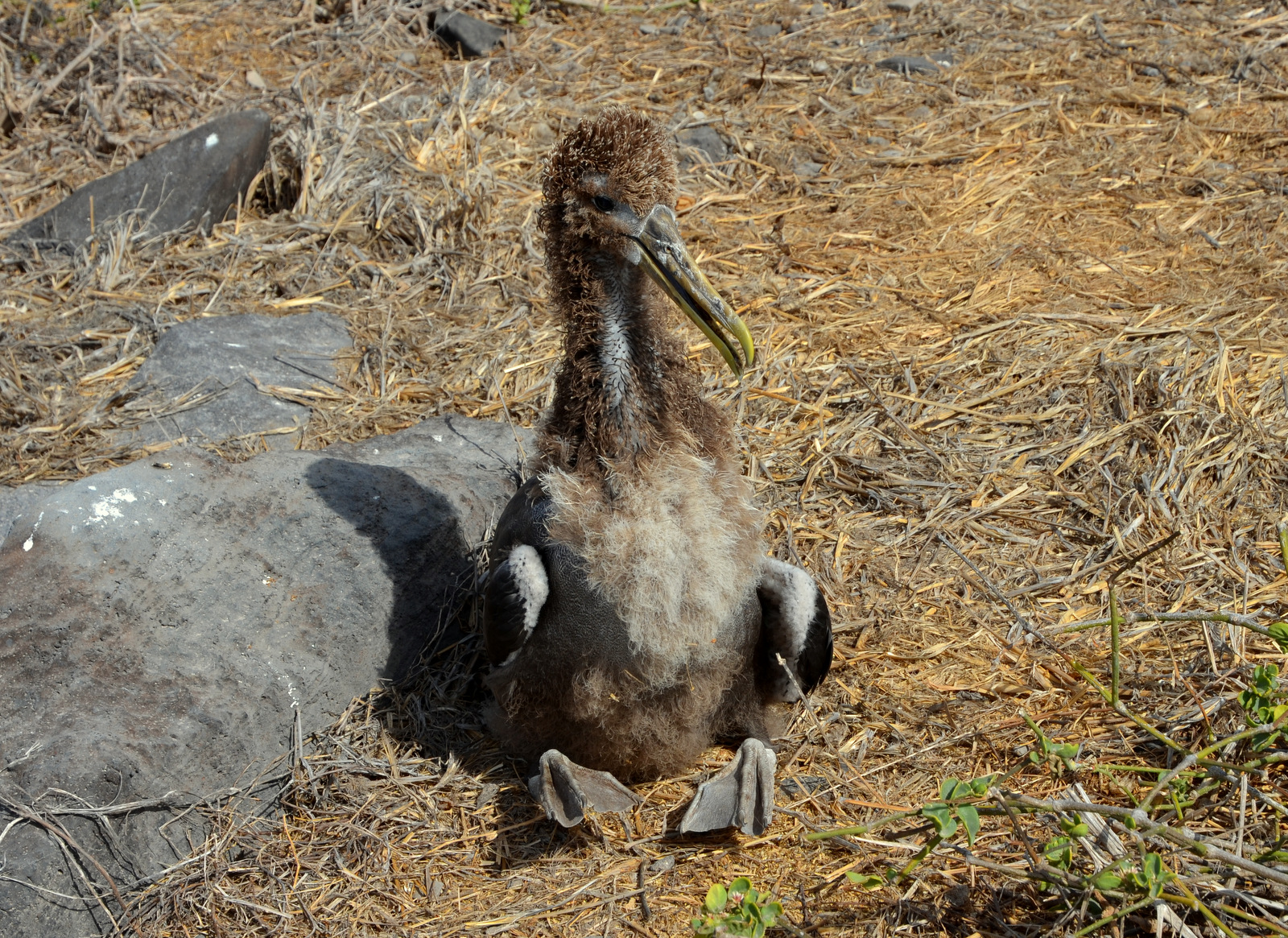
(December 3) Española is the oldest and southernmost of the islands. It is small, harsh and dry with no human inhabitants but a lot of wildlife.
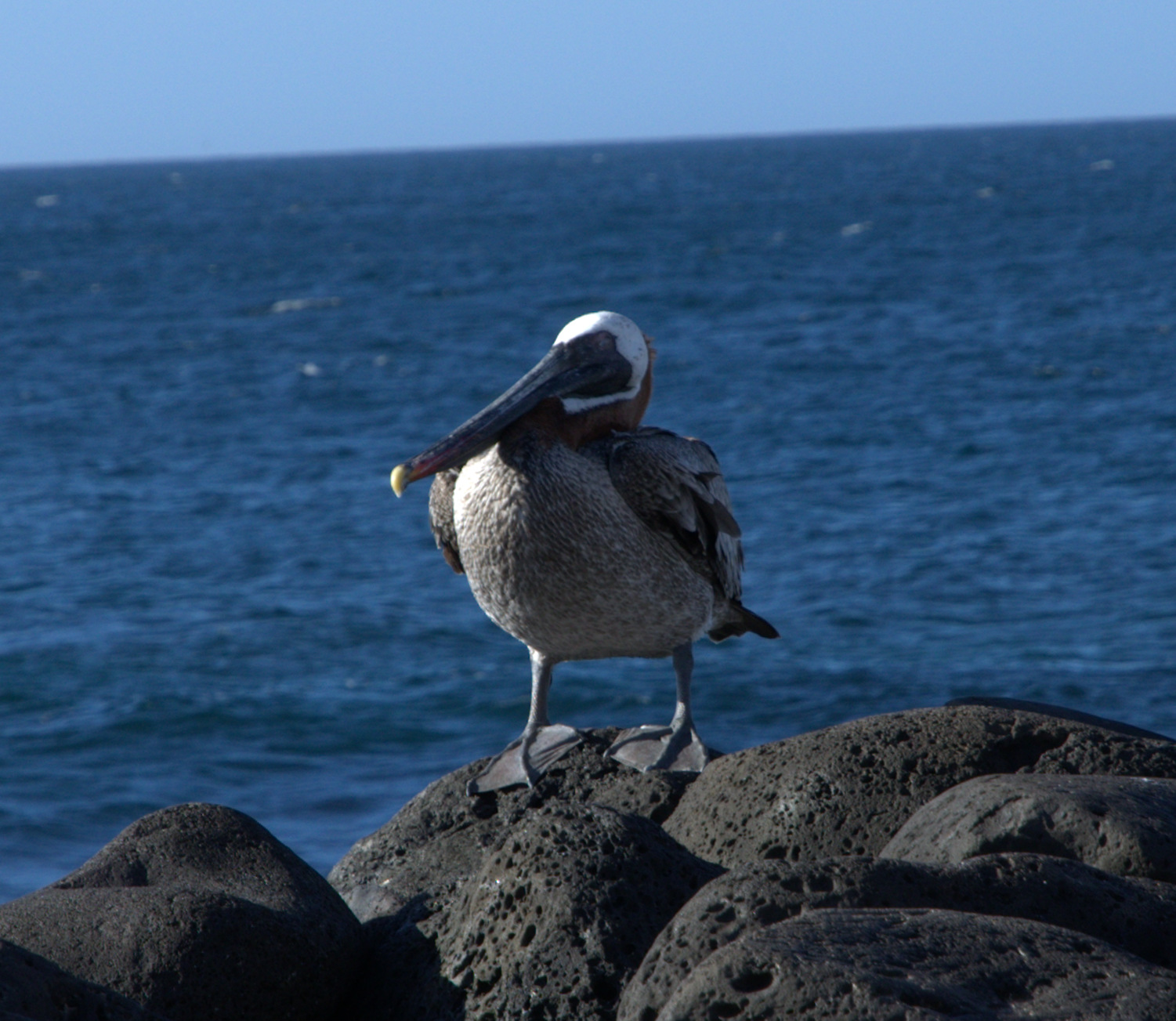
I’m back from vacation and starting to sort through my photos. (December 1, 2 & 8) San Cristóbal Island is the main entry point to the Galapagos, with an airport… Read more »